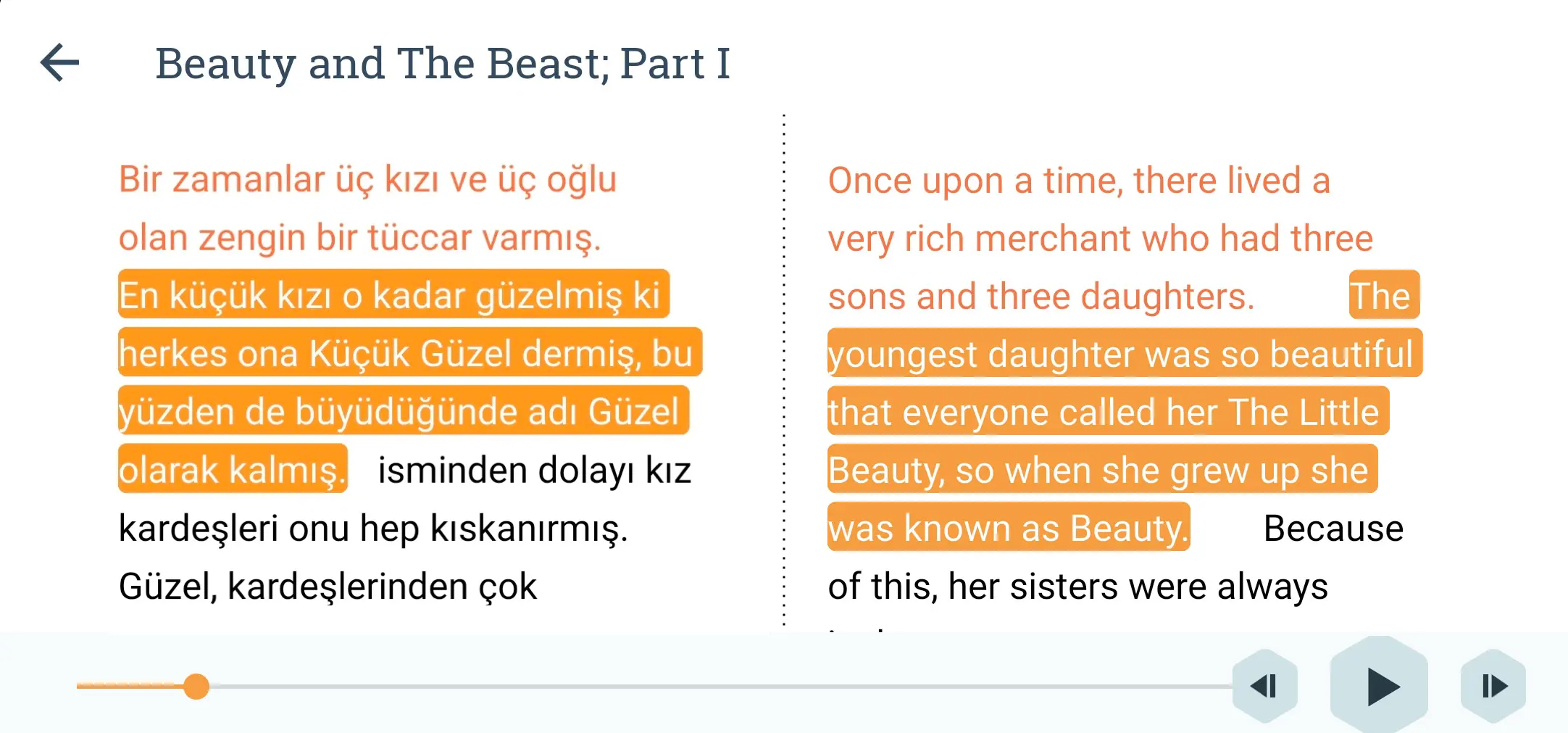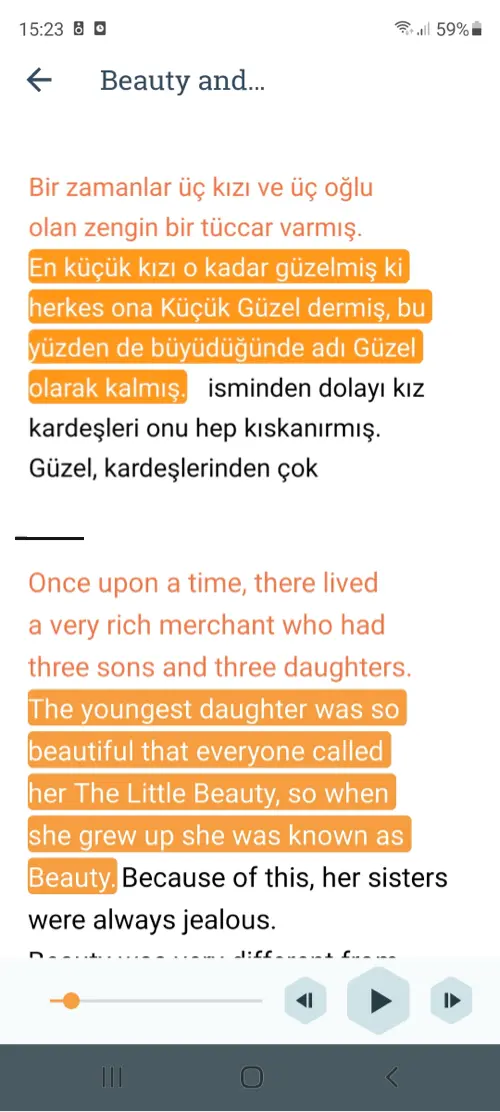Is it difficult to learn Turkish?
Turkish is a difficult language for native speakers of latin-based languages such as English, German, French, and Spanish.
People who speak slavic languages as their mother tongue, such as Russians, Ukrainians, Serbians, and Bulgarians, learn Turkish more quickly.
About Turkish
Turkish is the most widely spoken Turkic language, with an estimated 70 to 80 million native speakers. It is Turkey's national language. Smaller Turkish-speaking communities can be found in Iraq, Syria, Germany, Austria, Bulgaria, North Macedonia, Northern Cyprus, Greece, the Caucasus, and other parts of Europe and Central Asia.
The Ottoman Turkish alphabet was replaced with a Latin alphabet in 1928, as part of Atatürk's Reforms in the early years of the Republic of Turkey.
Vowel harmony and extensive agglutination are distinguishing features of the Turkish language.
Turkish's basic word order is subject–object–verb. There are no noun classes or grammatical genders in Turkish. The language employs honorifics to differentiate various levels of politeness, social distance, age, courtesy, or familiarity with the addressee.
To show respect, the plural second-person pronoun and verb forms are used when referring to a single person.
Did you know?
Despite the fact that Turkey is not a member of the European Union, Cyprus has requested that Turkish be added as an official language.
How does Beelinguapp help me learn Turkish?
By displaying text in both your native language and Turkish, Beelinguapp's unique method allows you to learn Turkish. Because of the amazing audiobook feature with karaoke animation, which allows you to follow the text while learning, you will improve your listening and speaking skills without even realising it.














